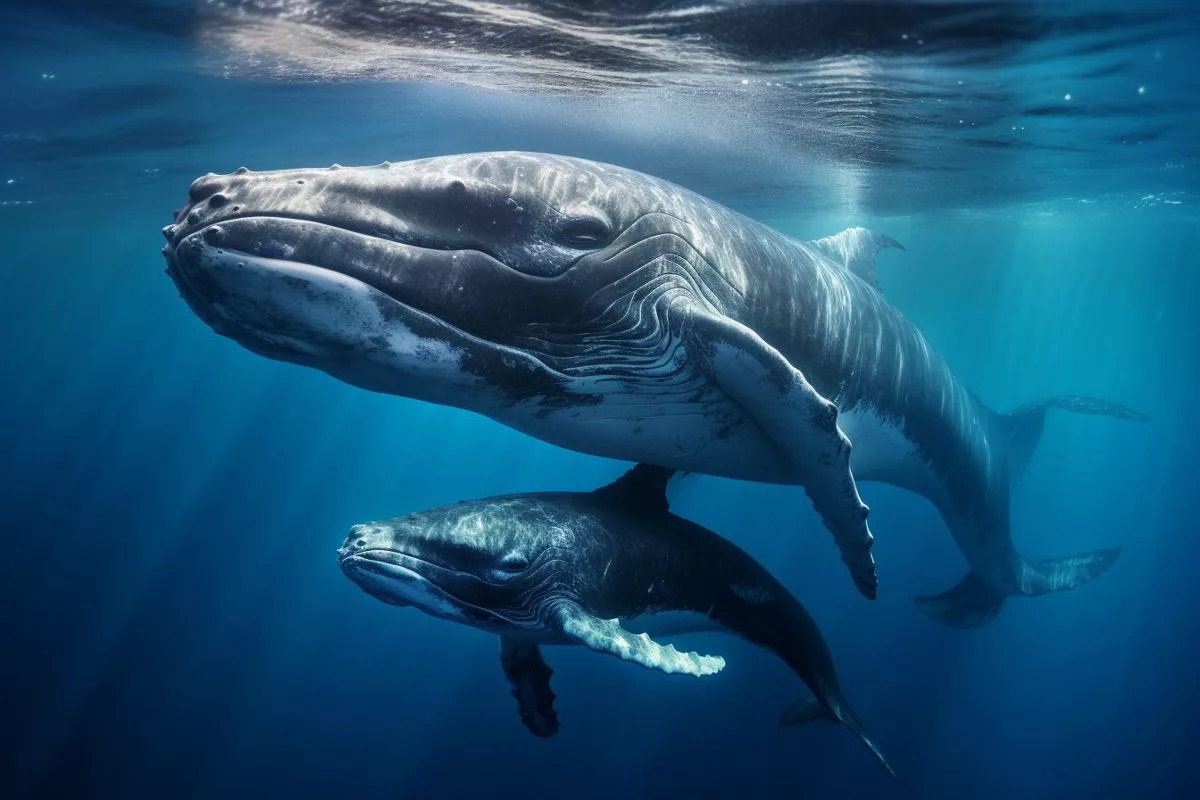South African professor, Dire Tladi, has been elected as a judge of the International Court of Justice (ICJ) by the United Nations. The ICJ resolves legal disputes between States and provides advisory opinions on legal matters. This is not only a personal achievement for Prof Tladi but also a cause for national celebration in South Africa, highlighting the country’s active participation and substantial contributions to the international legal order.
Who is Prof Dire Tladi and why is his election to the International Court of Justice significant?
Prof Dire Tladi is a professor at the University of Pretoria and has been elected as a judge of the International Court of Justice (ICJ) by the United Nations. As the primary judicial organ of the United Nations, the ICJ resolves legal disputes between States and provides advisory opinions on legal matters. Prof Tladi’s election is not only a personal achievement but also a cause for national revelry in South Africa, showcasing the country’s active participation and substantial contributions to the international legal order.
A Momentous Occasion for South Africa
In a significant juncture of national celebration, South Africa’s President Cyril Ramaphosa extended heartfelt accolades to Prof Dire Tladi of the University of Pretoria. This followed the recent pronouncement of Prof Tladi’s election as a judge of the International Court of Justice (ICJ) by the United Nations. The South African government, which had earlier endorsed Prof Tladi’s candidacy, hailed this extraordinary accomplishment of a prominent figure in international law.
Prof Tladi’s feat is not only a personal achievement but also a cause for national revelry. It displays South Africa’s active participation and substantial contributions to the international legal order. Furthermore, it serves as a tangible representation of the country’s expanding influence in the global arena, affirming the quality of its citizens committed to serving not only their nation but also the international community.
Prof Tladi’s Journey to the ICJ
The ICJ, where Prof Tladi will assume his duties as a judge, is the primary judicial organ of the United Nations and one of its six significant entities. It’s tasked with resolving legal disputes between States as per international law and providing advisory opinions on legal matters brought before it by authorized United Nations organs and specialized agencies. The court consists of 15 judges, each serving a nine-year term after election by the United Nations General Assembly and the Security Council.
Prof Tladi has showcased an impressive and diverse array of accomplishments in international law. Alongside his duties as a professor at the University of Pretoria, he heads the South African Branch of the International Law Association and holds an executive position in the International Law Association. Remarkably, he served as the Chair of the International Law Commission, a United Nations organ often considered a stepping stone to the ICJ.
Before embracing academia, Prof Tladi was a legal advisor to the South African Mission in New York. He also served as a Special Adviser to South African Ministers of International Relations. These roles, coupled with his academic and diplomatic achievements, underline the breadth and depth of his contributions to international law.
A Testament to Commitment and Excellence
President Ramaphosa emphasised the importance of Prof Tladi’s ICJ election, heralding it as an “extraordinary personal achievement” that arouses a sense of national pride. He praised Prof Tladi’s election, not as a solitary accomplishment, but as a wellspring of collective pride for South Africans.
The United Nations’ faith in Prof Tladi’s expertise, evident through his election, received special mention from the President. Prof Tladi’s ICJ appointment verifies his proficiency, dedication, and the respect he commands within international legal circles.
According to President Ramaphosa, Prof Tladi is now part of an esteemed ensemble of South Africans who hold pivotal roles on the global platform. His contributions are seen as advancing South Africa’s aspirations to construct a better world, mirroring the country’s commitment to engage actively and positively with the international community.
Undoubtedly, Prof Tladi’s journey and successes weave a captivating story that combines personal ambition, unyielding pursuit of academic and professional excellence, and a profound commitment to public service. As an ICJ judge, he is expected to continue his invaluable contributions to international law and the improvement of our world.
How does the International Court of Justice resolve legal disputes?
The International Court of Justice (ICJ) resolves legal disputes between States according to international law and provides advisory opinions on legal matters brought before it by authorized United Nations organs and specialized agencies.
How long do ICJ judges serve?
ICJ judges serve a nine-year term after election by the United Nations General Assembly and the Security Council.
What is Prof Dire Tladi’s background in international law?
Prof Dire Tladi is a professor at the University of Pretoria in South Africa and heads the South African Branch of the International Law Association. He previously served as the Chair of the International Law Commission, a United Nations organ considered a stepping stone to the ICJ. He was also a legal advisor to the South African Mission in New York and a Special Adviser to South African Ministers of International Relations.
Why is Prof Tladi’s election to the ICJ significant for South Africa?
Prof Tladi’s election to the ICJ is significant for South Africa as it showcases the country’s active participation and substantial contributions to the international legal order. It is also a cause for national pride and celebration, affirming the quality of South African citizens committed to serving not only their nation but also the international community.
What does Prof Tladi’s ICJ appointment verify about his expertise?
Prof Tladi’s ICJ appointment verifies his proficiency, dedication, and the respect he commands within international legal circles. His accomplishments in academia, diplomacy, and international law underline the breadth and depth of his contributions to the field.
What is expected of Prof Tladi as an ICJ judge?
As an ICJ judge, Prof Tladi is expected to continue his invaluable contributions to international law and the improvement of our world. He will play a crucial role in resolving legal disputes between States and providing advisory opinions on legal matters, promoting international peace and security.








